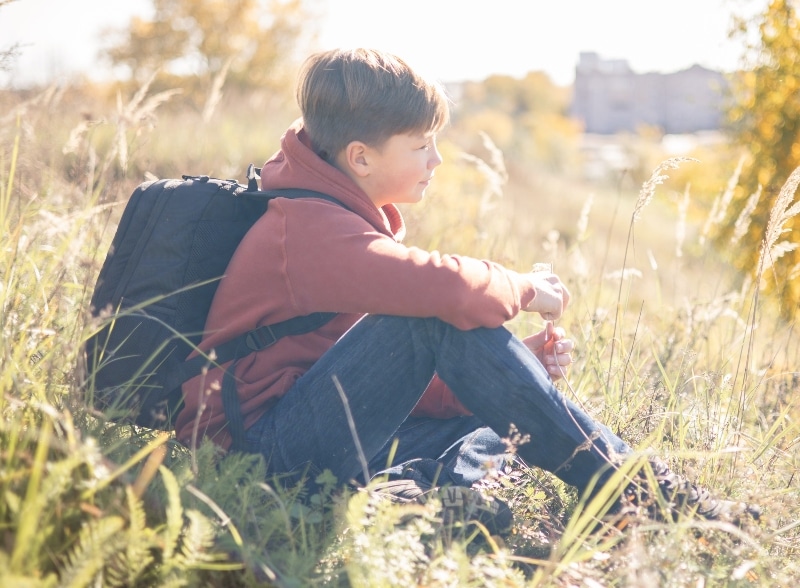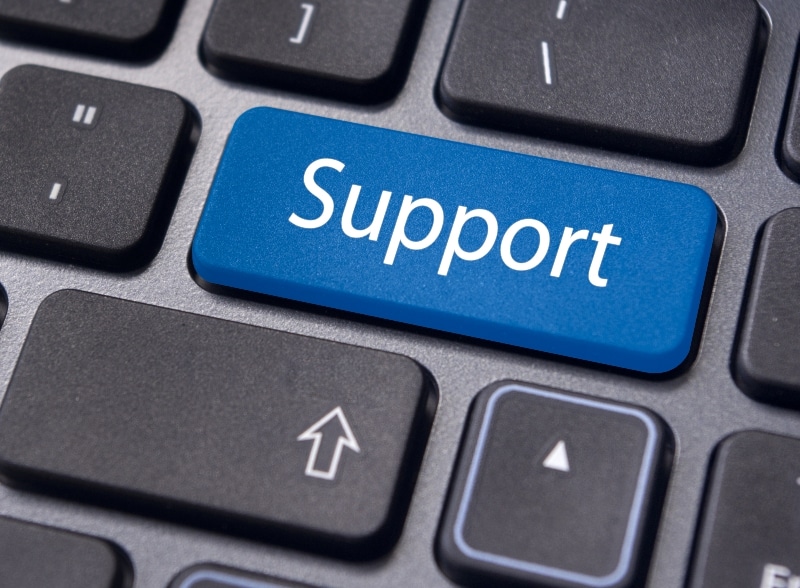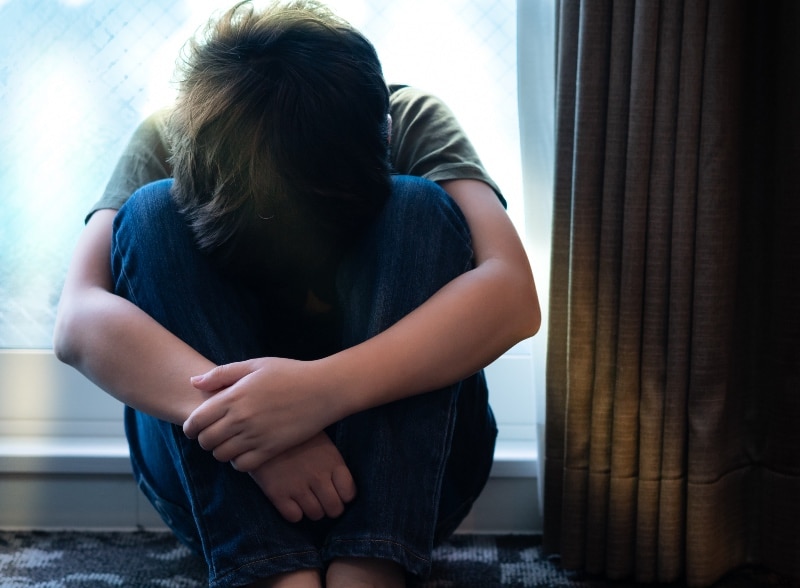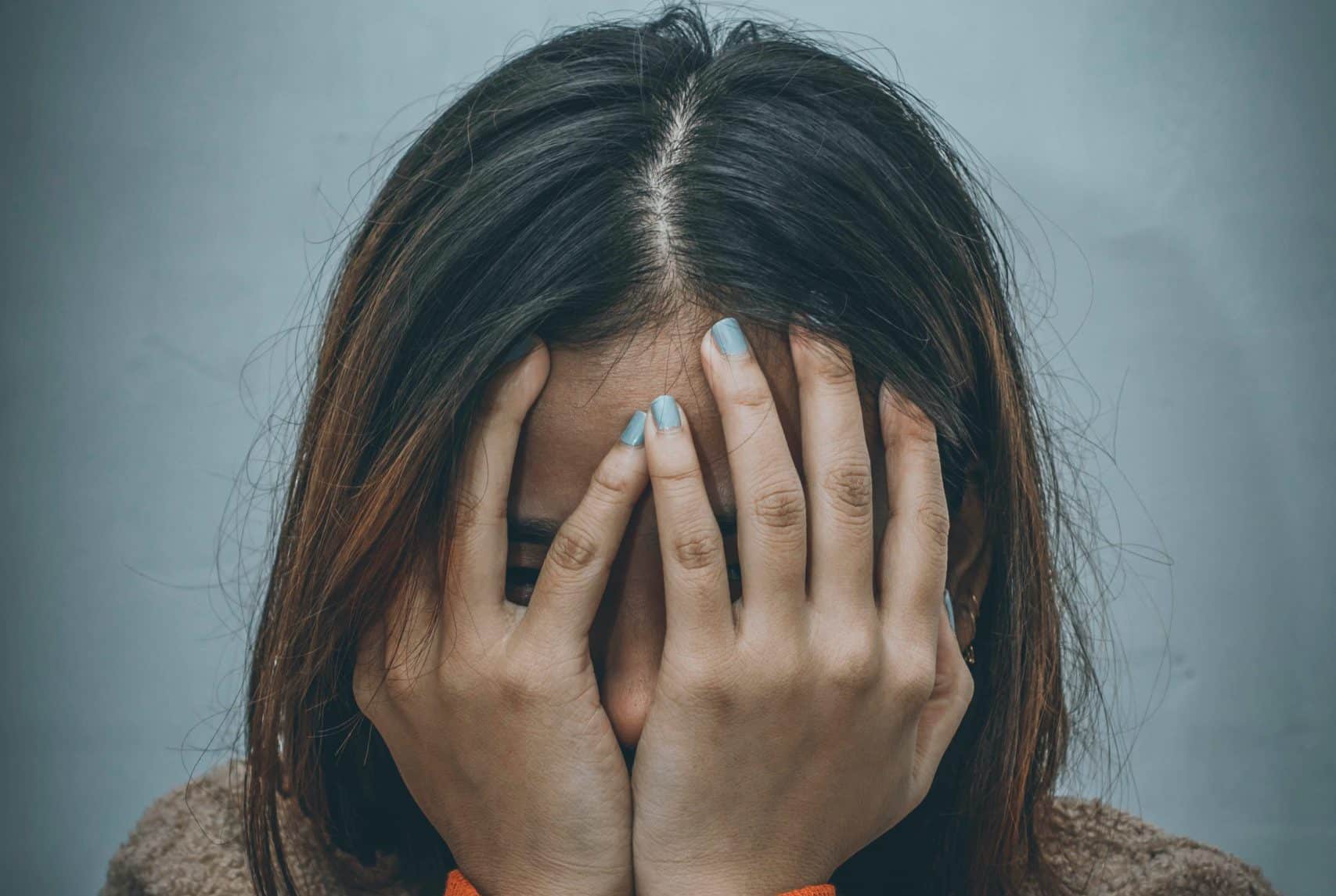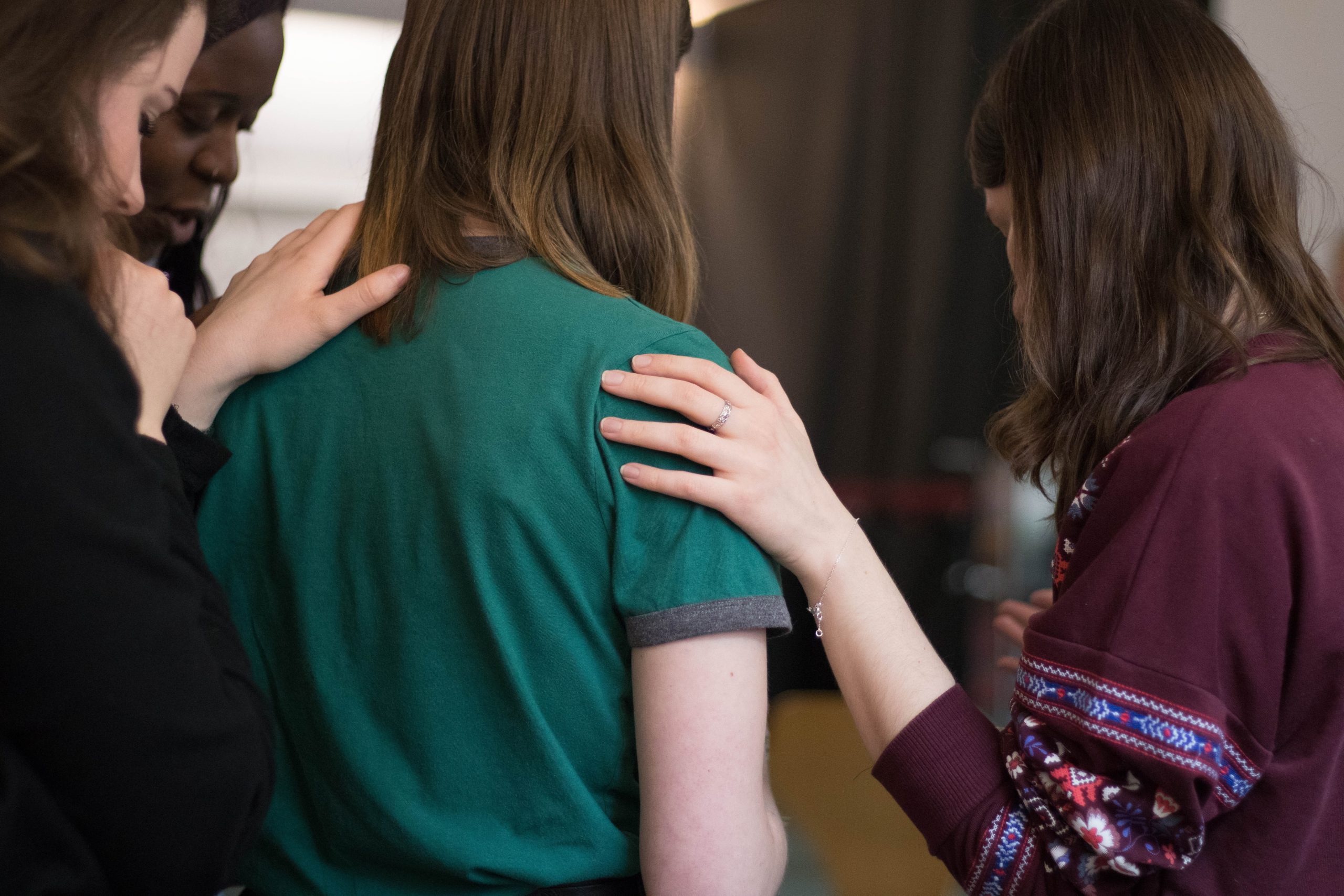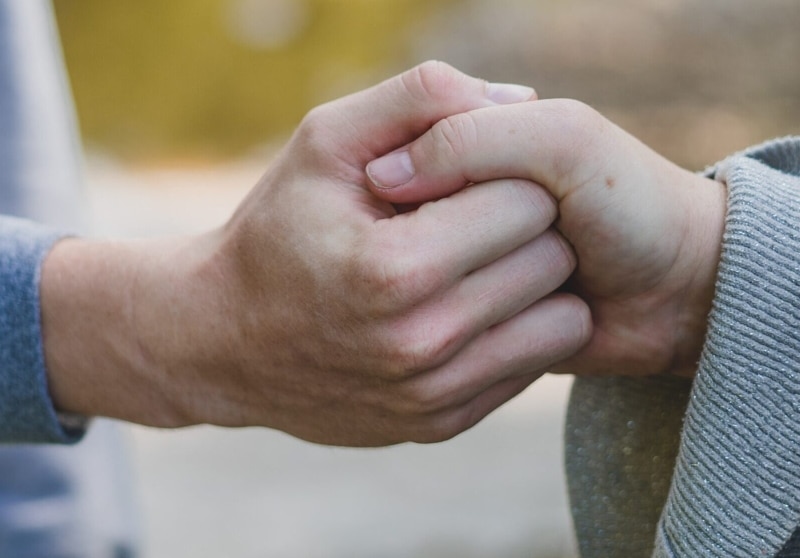
Preparing for a Doctor’s Appointment about Your Teen’s Mental Health
Navigating health appointments can be challenging for the best of us, let alone for young people, so it is always worthwhile spending a bit of time preparing. We hope that these tips help both you and them.


